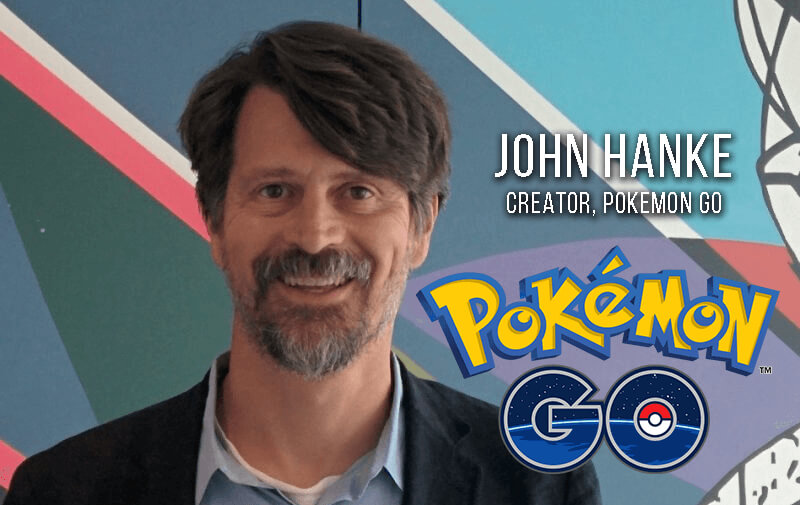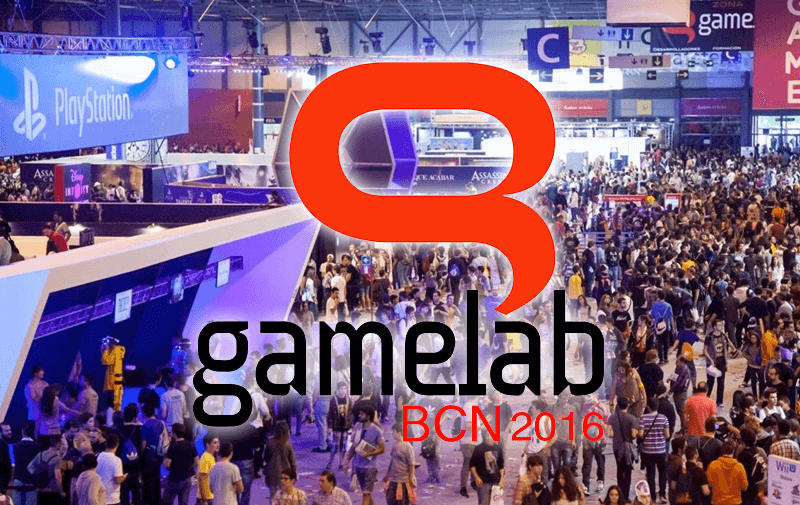John Hanke currently runs Niantic Labs, a company which explores experimental mobile, social, and local applications. Prior to this, he has spent several years (2004 – 2010) as the Vice President of Product Management for Google’s “Geo” division where it developed and managed some of the world’s well-known products like Google Earth, Google Maps, Local, StreetView, SketchUp, and Panoramio. Being the mastermind behind Pokemon GO, John Hanke has gone through a lot of hard work to create such a massive overnight sensation.
Since the launch of Pokemon GO, it has broken several records, including more than 10 million downloads in the first week, surpassing Tinder and Twitter, and continues to beat both Facebook, Instagram, WhatsApp, and Snapchat in daily users, becoming one of the largest mobile game in US history. Pokemon GO is a major success for both Nintendo and the Pokemon franchise, and of course its developer Niantic Labs.
However, this game is not an overnight success by chance. It took John Hanke almost 20 years to create Pokemon GO, a dream which needed the right time and technology. Many of the current players are Pokemon fans from the 90s, and John Hanke has made this reality which allows them to relive their childhood dreams to become a Pokemon master.
Meridian 59 in 1996

John Hanke’s journey started in 1996 when he co-created the very first MMO (massively multiplayer online game), “Meridian 59”. Being a student at that time, he eventually sold the game to 3DO, a well-known American video game company.
Keyhole in 2000
Being passionate in mapping technology, he launched “Keyhole” in 2000 which linked maps with aerial photography to create a revolutionary GPS-linked 3D aerial map of the world. “Keyhole” was later acquired by Google which we now know as Google Earth.
Combining Gaming with Mapping Technology
Having worked with the Google Geo team from 2004 to 2010, creating Google Maps and Google Street View, he had the vision to create Geomapping Games which would revolutionalize the gaming industry. However, the time was not ripe at that point. During this period, he collected the team that would later form the core team to create Pokemon GO.
Niantic Labs and Ingress
As part of Google’s initiative to nurture the entrepreneurial spirit within its walls, John founded Niantic Labs in 2010, a start-up funded by Google to create Geomapping Games. With the help of his team, Ingress, an augmented-reality multiplayer game, was launched in 2012. It is an ultra-futuristic, massively multiplayer online game set in the physical world and powered by smartphone GPS. According to developer Niantic Labs, players of Ingress helped in contributing to the data pool for PokeStops and gyms of Pokemon GO. This game was also a stepping stone for Niantic Labs to collect data to get things rolling with Pokemon GO. Ingress was hugely successful, and people started noticing the draw to Geomapping Games and Google also realized this fact.
Google X Pokemon
Moving on, Google and the Pokemon Company collaborated in 2014 to create an April Fools’ joke, which allowed users to find Pokemon on Google map which was also surprisingly a viral hit.
A Go for Pokemon GO

In late 2015, Niantic Labs and Pokemon Company announced that they would collaborate on a title to be known as Pokemon GO. On that same year, Google, along with Nintendo and the Pokemon Company, announced that they would invest $20 million in Niantic Labs in a Series A funding. On July 6, with the help of the core team, Niantic Labs finally premiered Pokemon GO, which gained tremendous momentum within just a couple of days.
Lesson Learnt
The journey from then till now is not an easy feat. Throughout these years, John Hanke has been leveling himself up. He developed skills, experiences and met new people. At every step, he just focused on his next level up, which eventually contributed to the success of Pokemon GO today.
Unless you try to do something beyond what you have already mastered, you will never grow.
Ronald E. Osborn





